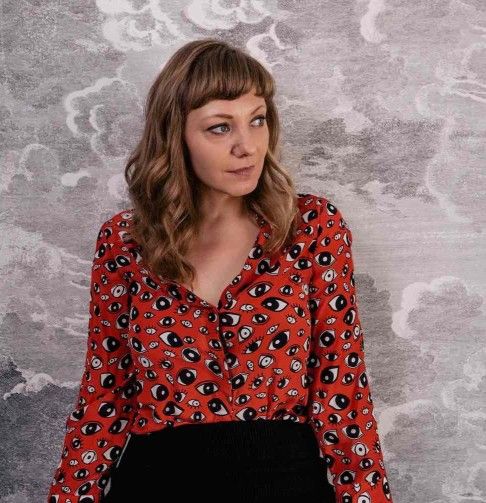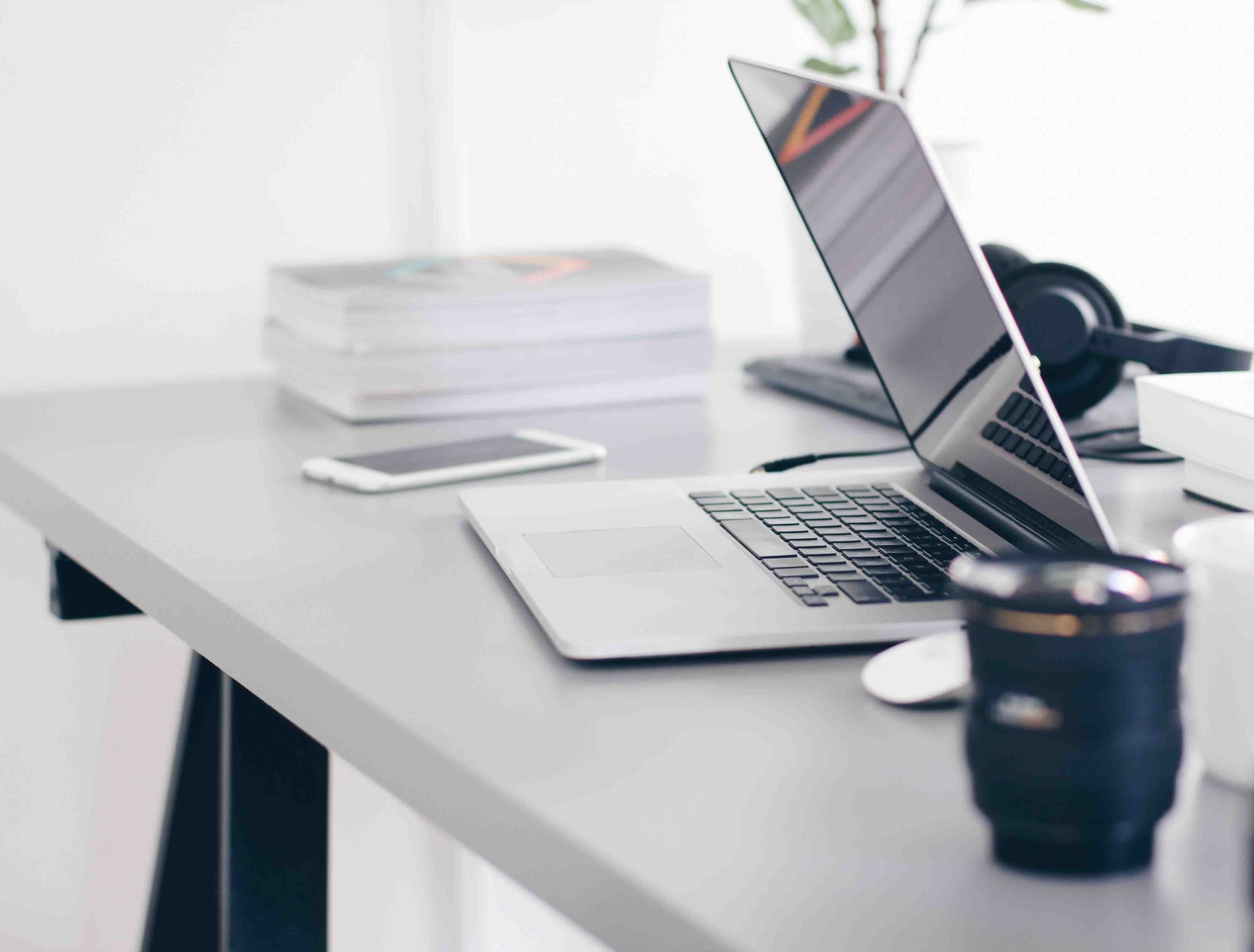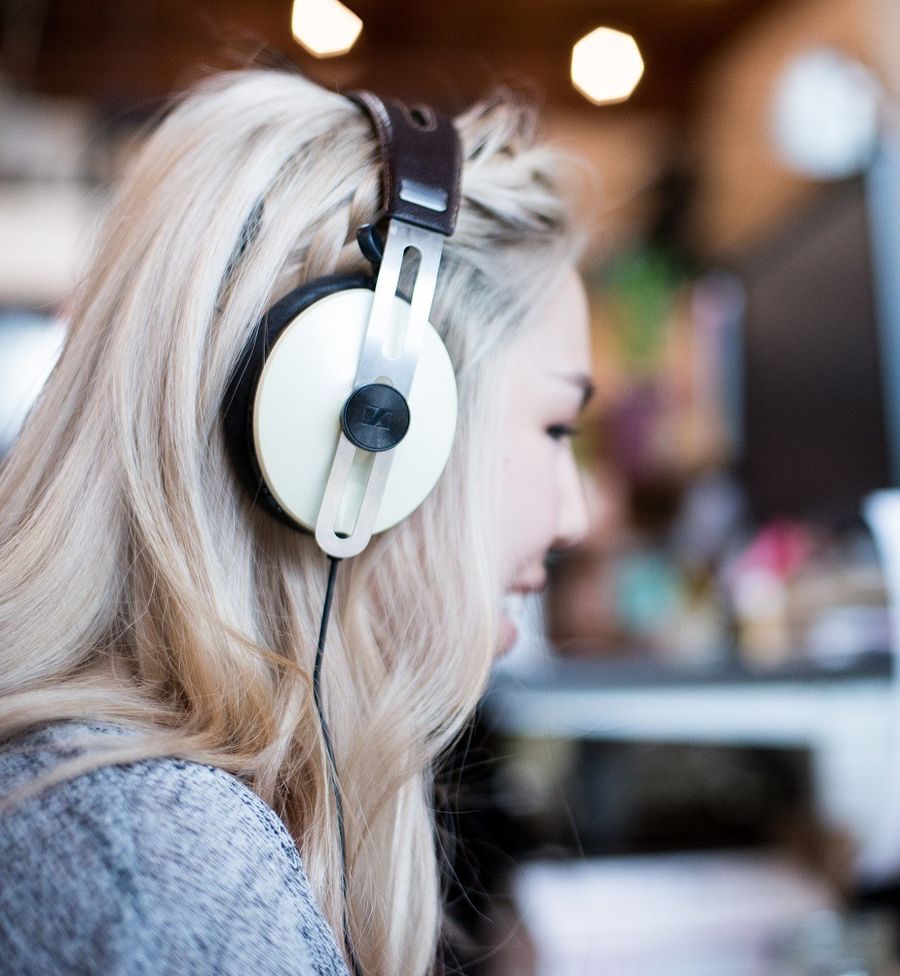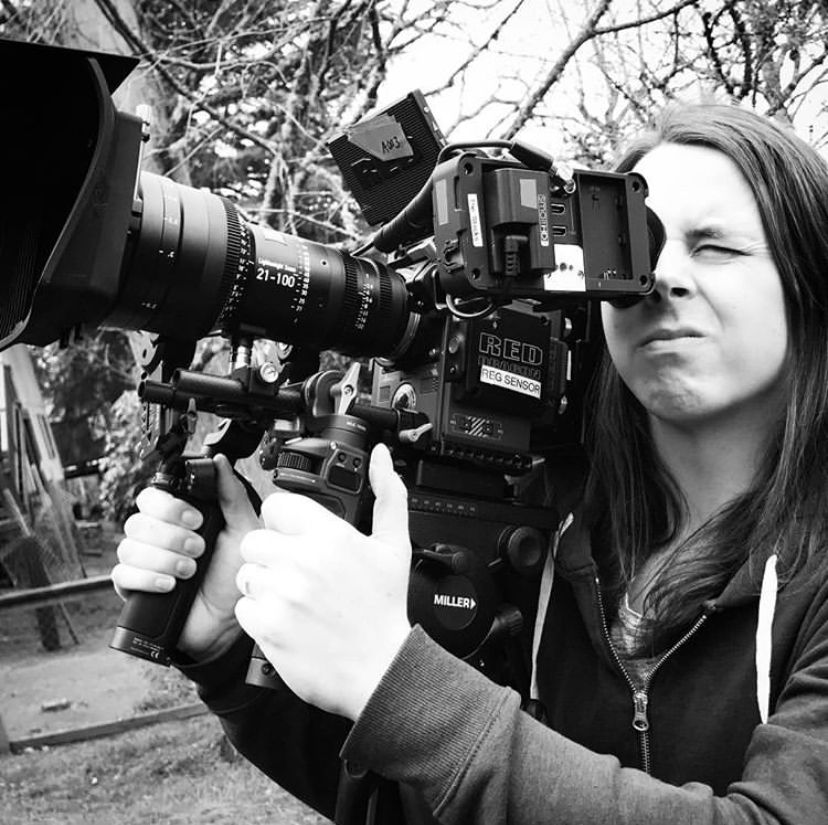There really is no place like home. But for writers, chances are your home is also your office. Unfortunately, home is the one place in the world where you’re surrounded by all your favorite snacks and succulents and distractions. Even if you pull a Toni Morrison and wake up at 4 a.m. with the intention of finishing a script, you can still find yourself binging reality TV and devouring a party size bag of Totino’s Pizza Rolls into the witching hours of the night . . . with no work to show.
You know you love the work; you just need to alter your workspace a bit. Alicia Keys doesn’t practice at a Chuck E. Cheese. What's important to remember is that not being able to stay focused while writing at home does not make you a bad writer. It happens to the best of us—even Emily V. Gordon. Miraculously, The Big Sick and Little America writer/producer juggles multiple projects at once every day, and get this: She does it mostly from home. So take it from an expert and read tips on how you can get in the right headspace by putting some effort into your “office” space.

On Making Your Space
FTW Takeaway: Why work from home? More time with your pet (and a few other things).
Emily V. Gordon: The main pro of working from home as opposed to an office is that I like having my cat around while I'm working. Plus my commute time is fantastic. I haven't yet found an office situation outside of the home that has been worth the cost/inconvenience. I start work around 9 a.m., I take off time for lunch, then I work out, then I do my afternoon work, and I stop around 6 p.m. usually.
Even though you work at home, separate your work life from your home life.
First off, I'm lucky enough that I have room in my home for a dedicated office. I haven't always had that, and so I've had to make do with designating corners/chairs/to be my office space in the past.I had been a freelance writer for magazines/websites, I had written a book, and I've been in several writers rooms, but writing features was supposed to be my dream job, and yet for the first few months after I sold my first movie after The Big Sick, I was kinda miserable, so I had to examine why. After a lot of diagnosing, I realized that I needed to give myself strict, hardcore boundaries around my work life at home. I had to designate a specific area of my home to be my workspace, and I had to assign very specific office hours for myself. Most importantly, I do not enter my workspace outside of office hours. I may still be on my laptop to play video games or watch stuff, but I cannot have my laptop in my office space unless it's office hours.
And this is a big one: I don't work on weekends. I cannot enjoy working unless I take time off from working, like I would if I had an office job. Sunday nights, I am genuinely excited to go back to work.
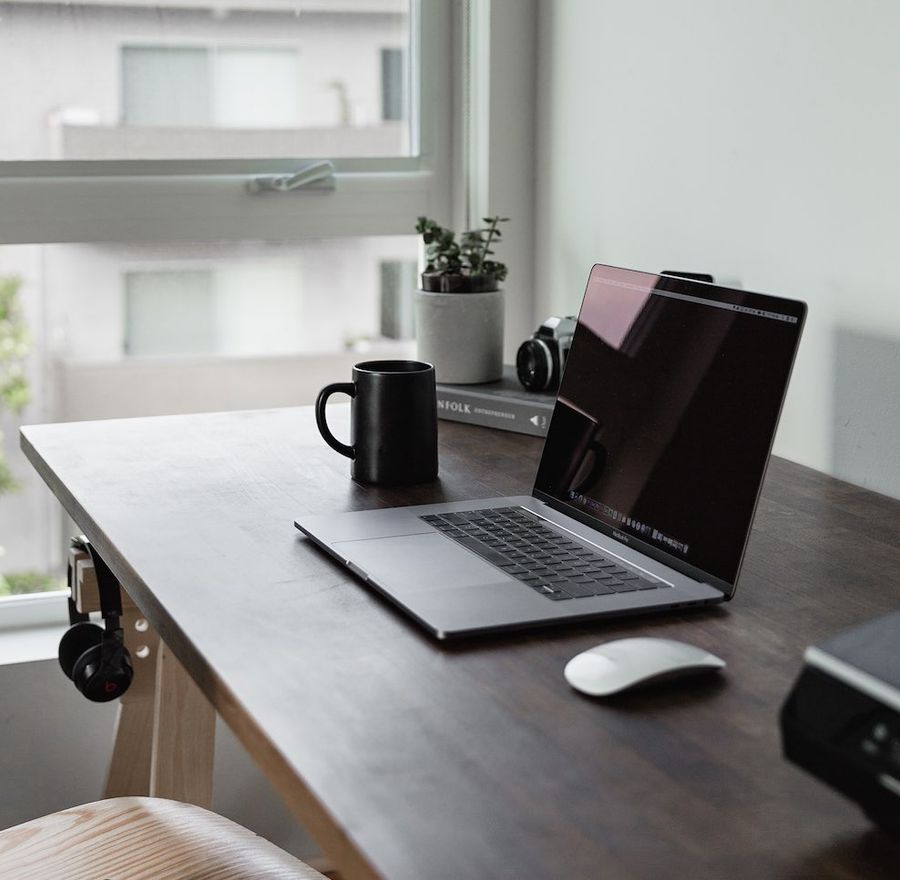

Organize your space. Don’t be afraid to get HGTV with it.
I had a desk built into the room that would become my office. I've always desperately wanted to design my own desk (lifelong nerd here) but never had the means or ability. My desk has a lot of surface area, plenty of drawers to hold the things I don't want cluttering my field of vision, and a bulletin board so I can pin stuff up. I recognize that building a desk is a pretty lofty thing, and I've made do with kitchen tables/desks/coffee tables for years beforehand—not having a perfect setup can't hold you back. The main parameters for me are that there is no clutter visible and there is enough room to spread my stuff out a little. Period.
I also have a comfy chair that is set at the right height for the desk. That's essential. I'm sitting there for the better part of seven hours a day—it cannot mess up my back. Sometimes I bolster it with a pillow behind my lower back.
Decorate! (By that we don’t mean you should just bedazzle everything. You should surround yourself with things that inspire you to work).
I'm usually working on a few projects at once, and for me, every project I work on needs to answer some question that I have grappled with or am currently grappling with. So I write that question on a notecard and pin that to the bulletin board in front of me. If any art has inspired me in something I'm writing, I usually will have that sitting around somewhere. The feature I'm working on now is an adaptation of a series of graphic novels, so I have a map of that world pinned up. And I have a collage my sister made, because she's an amazing artist.
You don’t have to pop your personal office bubble for work meetings.
My home office is my own private sacred space. I end up meeting people in coffee shops. Also, shout out to The Jane Club, a women-only work and meeting space that offers childcare as well (I don't have kids but it's a nice perk!). I have a garage that I have used as a meeting space for Little America, the Apple series my husband and I co-developed and are EPs on, but I'm often too focused on being a good host when I have meetings at my house to actually get good work done.
You’re a writer, not Cinderella. Chores can wait.
Resisting the urge to focus on house chores can be tough. HOW CAN I WRITE WHEN THERE ARE DISHES IN THE SINK? But what that really is is just an avoidance of work because doing this work is scary! Having a designated office space that's not within eyeline of the rest of your house helps. Office hours help. I know that when I knock off at 6 p.m. I can take care of whatever I need to around the house.
If you’re distracted, take a walk. Or watch a movie or TV show (seriously).
If I can't focus, I take a walk. No podcast listening, a walk in silence or listening to the playlist I've designated. If I really can't focus, I will try and take in art rather than produce it. (Wow, that sounded pretentious.) But I mean it! If I'm writing a sci-fi/fantasy feature, and I'm stuck, I will watch great sci-fi/fantasy movies, or terrible ones, or similar ones to what I'm writing, to inspire myself. The only real magic I believe in is that if something in my gut tells me to watch/rewatch/read something, I don't question it. I just watch. Which is why I just rewatched Terminator 2: Judgment Day and My So-Called Life, and why I'm currently rereading The Chronicles of Narnia.
The only rule for that is no unscripted watching (most reality TV, even though I love it), and no watching things that are so good they intimidate you (Fleabag, Insecure).

On Doing the Work
Keep yourself accountable on paper and do your best to make time, but don’t force your output.
I have a day planner (an actual paper calendar, I cannot rely on iCal) and every single day of every week, I write down the names of the projects I'm working on. I then truly delight in crossing out each name after I've given a project a significant chunk of my time. I try not to live by per day page counts—some days I'm really thinking through some character or plot stuff, and I may only get like, two pages written, but that doesn't mean that day was a failure! I just try to put in time rather than rely on output. I have slowly, over time, learned to trust myself a bit more. Rather than writing all day, all the time, because oh my god that deadline is coming and you're not done, I trust that I will get the work done during my office hours, because I have before and I will again.
Before I was a writer full time, I had it both ways: very fulfilling jobs that were so exhausting and had such long hours that I barely had time to eat when I got home, and I've had incredibly unfulfilling jobs with normal working hours that sucked the soul out of me by the time I got home each day. I definitely was writing more at the unfulfilling jobs. I would be so frustrated with my uselessness at the bad jobs that I'd need to do something to feel like I was actually existing on this planet. But both ways, it's just a matter of carving out time and making sacrifices. I'd sacrifice an hour of sleep, an hour of seeing friends, an hour of "admin time" during my day job, an hour of working out—I'm not saying it's the smartest way to go about it, but it was all I could figure out. Writing something you enjoy during those hours, something that feels good and real and fun and true to you, is what kept me okay about the sacrifices. It kept me going and trying to find more hours.
I say all of this from the lofty perch of not having kids. I know that throws five different wrenches into it and scrambles your brains. I have friends who are writers and mothers and they amaze me every single day. I cannot offer any advice on their behalf though!
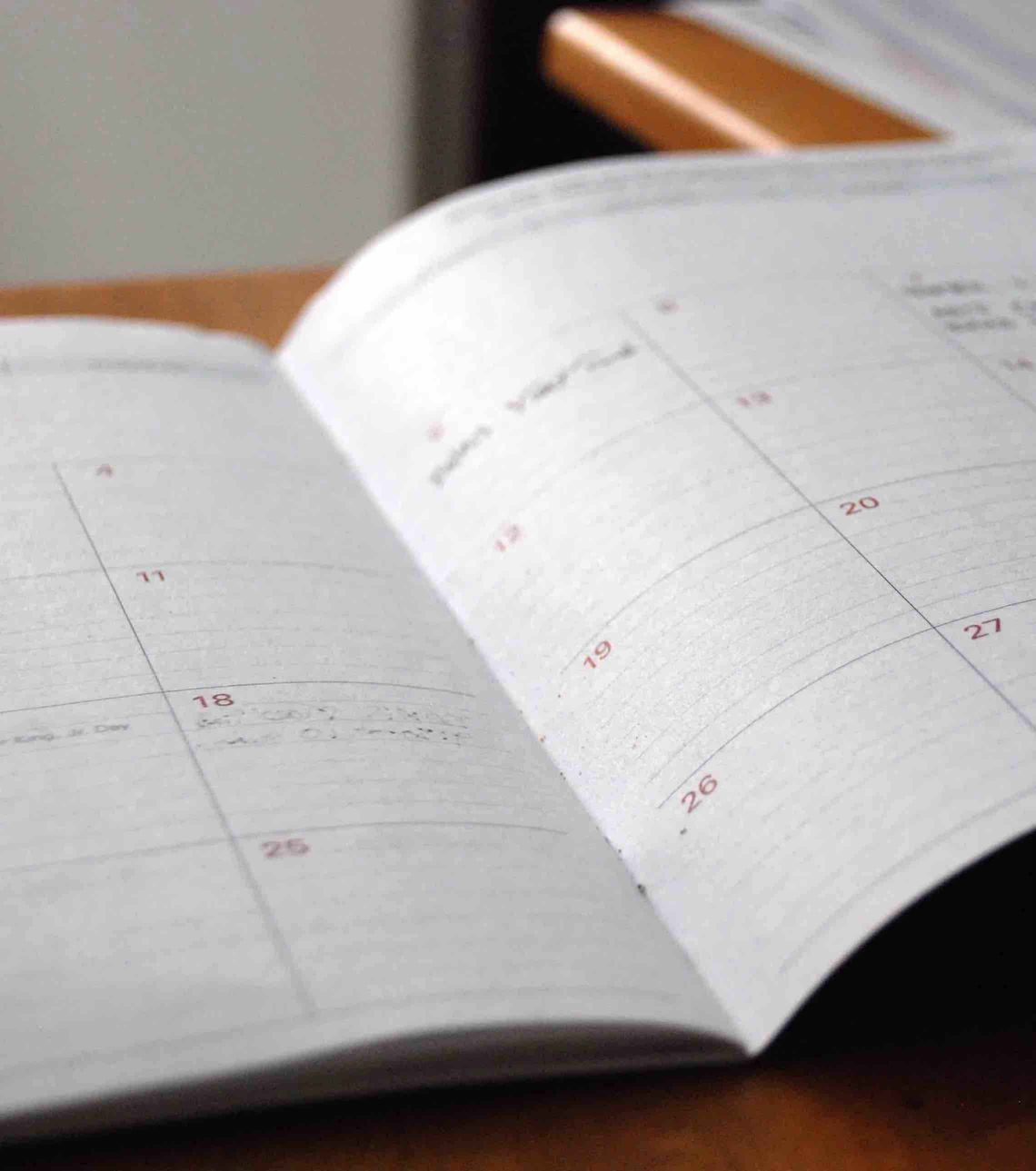
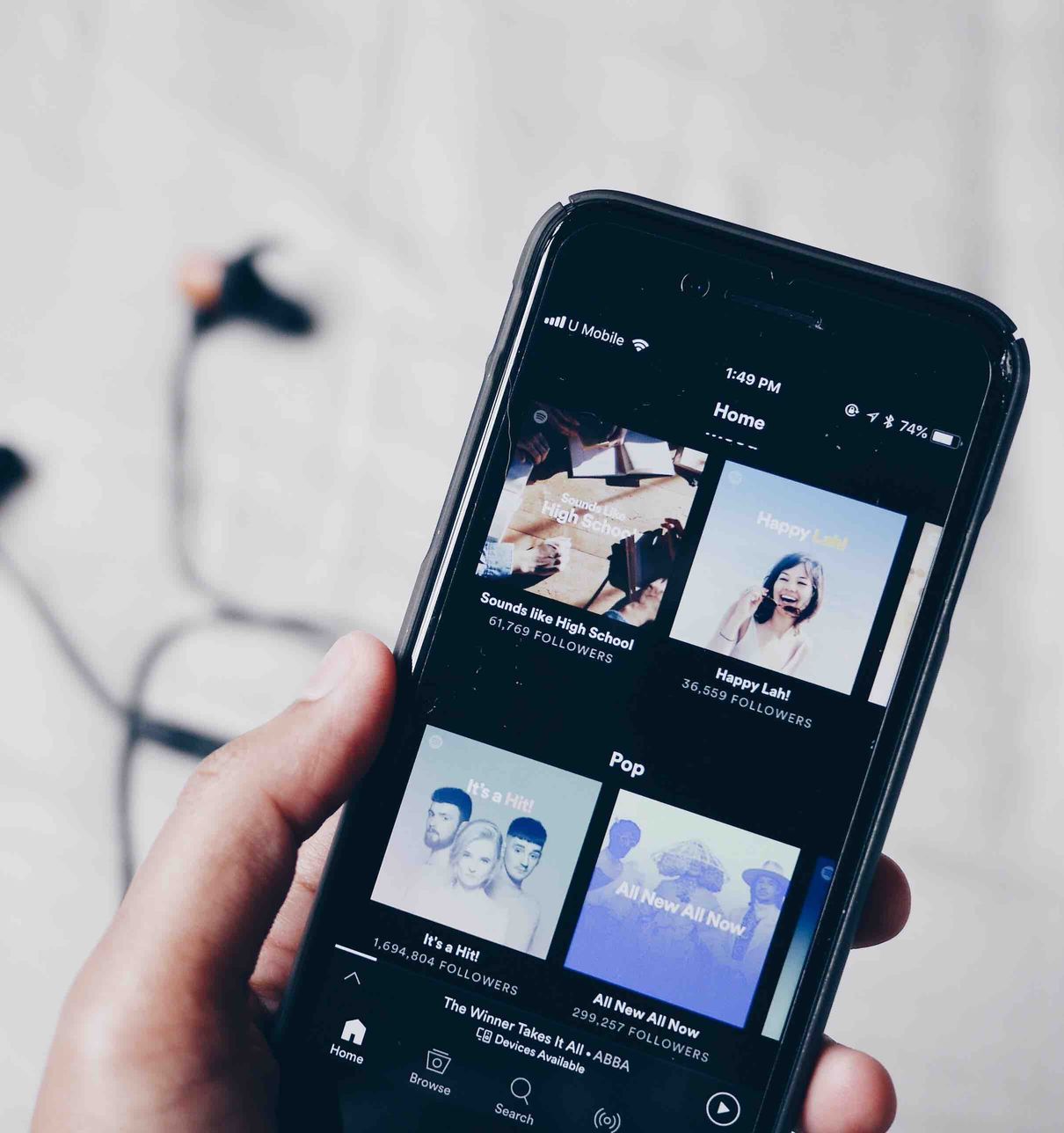
Girl, put your records on.
I rely on playlists! I love music and it informs a lot of my life in general. When I am first working on a project, I will usually have some sort of genre or artist or just a song that kinda inspires me when conceptualizing, and I will build a playlist based on that. Every project I work on has its own playlist, which also helps me switch gears if I'm having to work on two projects in a day. My only real rule is that the music can't have discernible lyrics—it's too distracting. Sometimes it's French pop music from the ‘60s, or classical, or scores from other movies, or electronic beeps and boops, grinding metal.
Breaks are not your enemy. Social media is.
I try not to punish myself for looking at the internet while working, but social media is a full-on trap. It WILL NOT help you write. If I am feeling very distracted with one project, I force myself to work on another project, or to just write something else. I actually wrote a pilot while I was struggling with writing a book, and I sold that pilot to FX. So if I take a break, I stay in the realm of writing.
Now of course, I do still check Twitter and Instagram. I try not to post though. Posting is just a way of going "give me something to distract me from writing for a few hours, universe!" because you keep checking for those likes and comments.
I have used an app called Freedom sometimes—it's an app that shuts down the internet on your computer for as long as you set the timer for and you cannot undo it. It's highly frustrating but also, as the name implies, freeing. I really should get a separate computer just for writing, as I do like to play video games on my laptop, but that feels very indulgent and I can't justify it just yet.
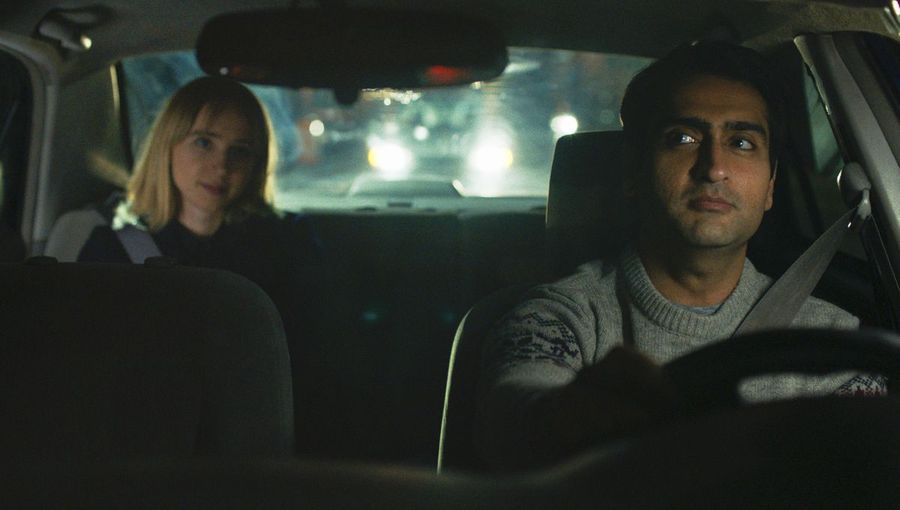
The blank page is a puzzle. Conquer it by laying out all the pieces first.
For features, for me, an idea starts out as a one sentence: "What if _____.” I think a mistake I made early on was conflating a setting with a story. Like, I'd be like, "Oh, it's the story of when I worked in a home for people with schizophrenia" (which I did!) and then I would wonder why I couldn't crack it, but what I was actually naming was the setting.
The story is the unique person (or persons) navigating their own inner and outer problems while working in a home for people with schizophrenia. So if all I have is a setting, then I want to see what's the most interesting story to tell in that setting. What can a person learn from that setting? Who would be the most challenged by that type of setting, emotionally? Why am I the one to tell this story? What question about how the world works am I hoping to get out of telling this story?
I just finished a feature that is kind of a sci-fi romance, but for me, it answers the question, "Who would you be if you were freed from expectation?" which is a question I have often grappled with. Once I have the question, the story, and the setting, I then expand into a very basic "What's act 1, act 2, and act 3?"—a couple of sentences each. Then I sketch out a midpoint for myself—either the best possible or worst possible thing to happen to my protagonist.
Then I go to outline, knowing any and all of it will change. But at first, it's just a thing for me, so I can mess it up, make mistakes, and put in cheesy stuff. It's just about completing it.
Stop living in a pressure cooker—no one’s first draft is a masterpiece.
Also, and this is an answer to a question you didn't ask—the first draft of what you're writing will be bad. Don't worry about that. Just get it done. Don't hide from finishing something because it's scary. I know the unknown is scary, but let me demystify: it will be bad! First drafts are! Don't be afraid of how it will turn out. Know that it will be bad and lean into it, so you can finish it and then tackle making it better.
Bonus tip: Collect all your little sparks of inspiration.
I keep a Google doc that has all of my ideas in it. I have a section for big ideas, a section for "insults,” a section for moments that I'd like to put in something, and a section for songs! I am able to access that doc on my phone or my computer at any time. That's essential to me when inspiration hits in any capacity.
Now go home, and get started.
